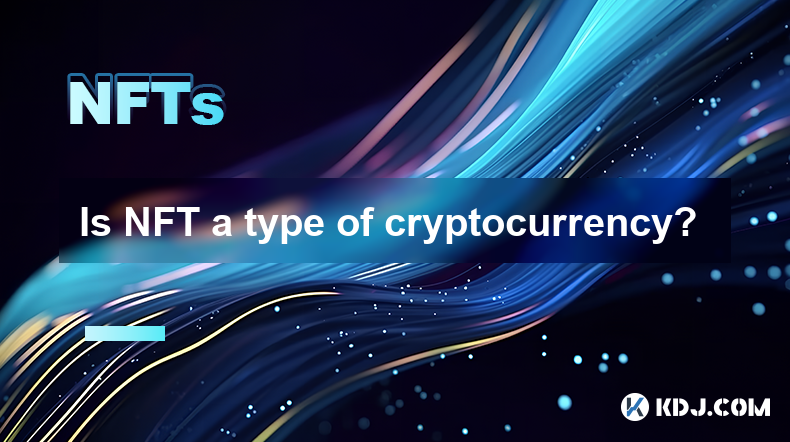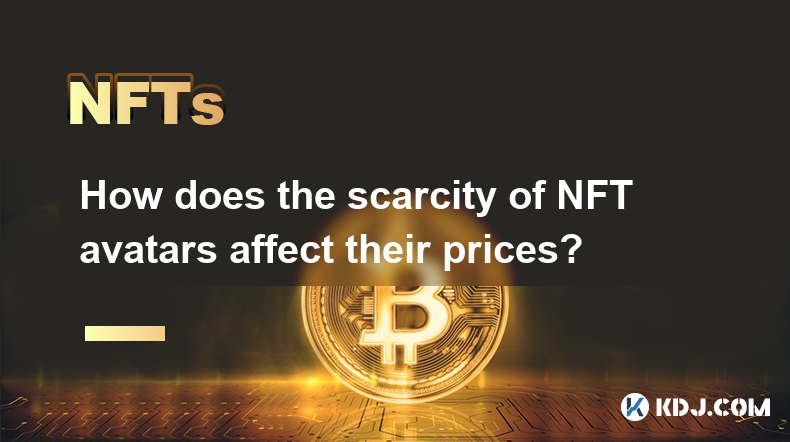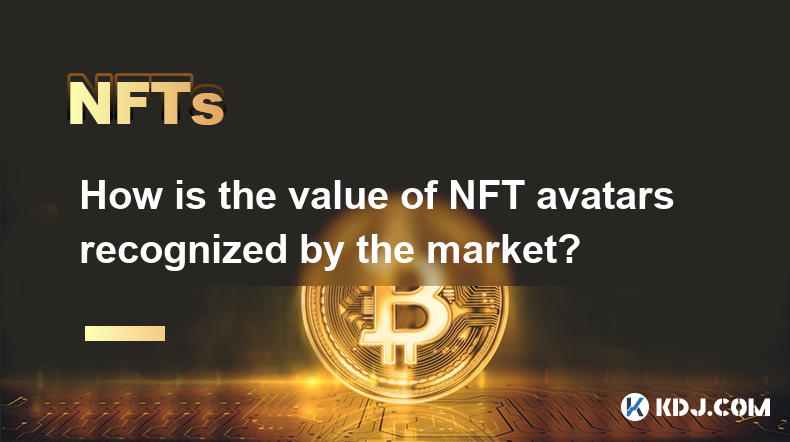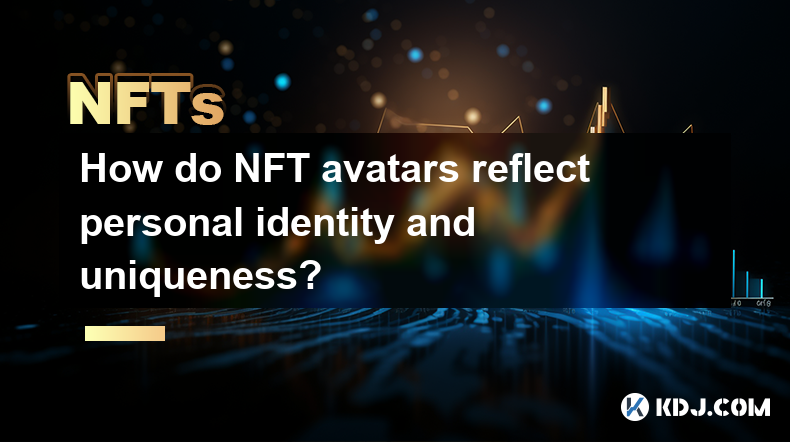-
 Bitcoin
Bitcoin $82,888.2507
0.21% -
 Ethereum
Ethereum $1,826.4116
0.80% -
 Tether USDt
Tether USDt $0.9998
0.01% -
 XRP
XRP $2.0924
-2.17% -
 BNB
BNB $600.4086
-0.52% -
 Solana
Solana $126.0638
1.46% -
 USDC
USDC $0.9999
-0.01% -
 Dogecoin
Dogecoin $0.1640
-2.63% -
 Cardano
Cardano $0.6498
-2.77% -
 TRON
TRON $0.2356
2.43% -
 Toncoin
Toncoin $3.9911
5.30% -
 Chainlink
Chainlink $13.4207
-0.87% -
 UNUS SED LEO
UNUS SED LEO $9.0861
-6.24% -
 Stellar
Stellar $0.2672
0.13% -
 Avalanche
Avalanche $18.7915
-2.46% -
 Shiba Inu
Shiba Inu $0.0...01227
-2.25% -
 Sui
Sui $2.2578
-3.57% -
 Hedera
Hedera $0.1630
-3.90% -
 Polkadot
Polkadot $4.0311
-0.30% -
 MANTRA
MANTRA $6.3127
1.62% -
 Litecoin
Litecoin $82.2584
-3.82% -
 Bitcoin Cash
Bitcoin Cash $300.3792
-1.34% -
 Bitget Token
Bitget Token $4.4887
-1.64% -
 Dai
Dai $0.9999
0.00% -
 Ethena USDe
Ethena USDe $0.9999
0.02% -
 Pi
Pi $0.7023
-7.73% -
 Hyperliquid
Hyperliquid $12.7602
2.76% -
 Monero
Monero $216.6686
0.09% -
 Uniswap
Uniswap $5.9473
0.32% -
 Aptos
Aptos $5.3341
1.57%
Is NFT a type of cryptocurrency?
NFTs aren't cryptocurrencies; while both use blockchain, NFTs represent unique digital asset ownership, unlike fungible cryptocurrencies like Bitcoin which act as a medium of exchange.
Mar 16, 2025 at 06:01 pm

Key Points:
- NFTs are not a type of cryptocurrency, despite existing within the same blockchain ecosystem.
- Cryptocurrencies are fungible tokens representing value, while NFTs are non-fungible tokens representing unique ownership of digital or physical assets.
- NFTs utilize blockchain technology for verification and security, but their purpose and functionality differ significantly from cryptocurrencies.
- Understanding the distinction between NFTs and cryptocurrencies is crucial for navigating the complexities of the digital asset landscape.
Is NFT a type of cryptocurrency?
No, an NFT (Non-Fungible Token) is not a type of cryptocurrency. While both exist within the blockchain ecosystem and utilize similar underlying technologies, they serve entirely different purposes and possess fundamentally different characteristics. Cryptocurrencies, such as Bitcoin or Ethereum, are fungible. This means one unit is interchangeable with another unit of the same cryptocurrency. One Bitcoin is essentially the same as any other Bitcoin. NFTs, on the other hand, are non-fungible, meaning each one is unique and cannot be exchanged for another.
The core difference lies in their functionality. Cryptocurrencies primarily act as a medium of exchange or a store of value. You use them to buy goods and services, or you hold them hoping their value will increase. NFTs, however, represent ownership of a specific digital or physical asset. This could be anything from digital art and collectibles to virtual real estate or even tickets to an event. The NFT itself doesn't hold inherent monetary value like a cryptocurrency; its value is derived from the asset it represents.
The blockchain technology used by both is where the similarity ends. Both use blockchain to record transactions and verify ownership. This ensures transparency and immutability, preventing fraud and counterfeiting. However, the way this technology is applied is vastly different. Cryptocurrency transactions focus on transferring value, while NFT transactions focus on transferring ownership of a unique asset. The blockchain acts as a verifiable ledger of ownership for the NFT.
Many NFTs are created on Ethereum, the same blockchain that hosts the Ether cryptocurrency. This often leads to confusion. However, the Ether used to purchase an NFT is a cryptocurrency; the NFT itself is a completely separate entity. Think of it like buying a painting with dollars. The dollars are the currency, the painting is the asset. The NFT is analogous to the certificate of authenticity for the painting, proving your ownership.
NFTs rely on smart contracts, self-executing contracts with the terms of the agreement between buyer and seller directly written into code. These contracts automate the transfer of ownership when an NFT is sold, making the process secure and transparent. Cryptocurrencies, while also sometimes leveraging smart contracts, primarily function through peer-to-peer transactions validated by the blockchain network.
The creation and sale of NFTs happen through marketplaces, often built on existing blockchain platforms. These platforms provide the infrastructure for minting (creating) new NFTs, listing them for sale, and facilitating transactions between buyers and sellers. The process usually involves using a cryptocurrency to pay for the NFT, further blurring the lines in the minds of some, but the fundamental differences remain.
While the speculative value of NFTs has drawn parallels to the speculative nature of some cryptocurrencies, the underlying mechanisms and intended use cases remain distinct. The value of an NFT can fluctuate based on market demand and the perceived value of the underlying asset, just as cryptocurrency values fluctuate, but the underlying asset itself is fundamentally different.
The implications of this distinction are significant. Understanding the difference between NFTs and cryptocurrencies is vital for investors, artists, and anyone participating in the digital asset market. Misunderstanding this fundamental difference can lead to poor investment decisions and a lack of appreciation for the unique potential of both technologies.
Frequently Asked Questions:
Q: Can I use NFTs as currency?
A: No, NFTs are not designed to be used as currency. They represent ownership of a specific asset, not a universally accepted medium of exchange like cryptocurrency. While some projects attempt to bridge this gap, they are not widely accepted as currency.
Q: Are all NFTs valuable?
A: No, the value of an NFT is highly variable and depends on factors such as the scarcity of the asset, the artist's reputation, and overall market demand. Many NFTs have very little or no value.
Q: How are NFTs different from digital art files?
A: A digital art file is simply a file containing the artwork. The NFT acts as a certificate of ownership for that file, recorded on a blockchain, providing verifiable proof of ownership. You can have a copy of the digital art file, but only the owner of the NFT holds the verified ownership.
Q: What are the risks associated with investing in NFTs?
A: The NFT market is highly volatile and speculative. The value of an NFT can fluctuate significantly, and there's a risk of losing your investment. Additionally, there's a risk of fraud and scams within the NFT market.
Q: Can I create my own NFT?
A: Yes, you can create your own NFT, though it requires technical knowledge or using NFT creation platforms. You'll need to choose a blockchain, create the digital asset, and then use a platform to mint the NFT.
Q: What blockchain is best for creating NFTs?
A: Ethereum is currently the most popular blockchain for NFTs, but other blockchains, such as Solana, Tezos, and Polygon, also support NFT creation and offer different advantages and disadvantages in terms of transaction fees and speed.
Q: What are the potential uses of NFTs beyond digital art?
A: NFTs have diverse potential applications, including digital collectibles, gaming assets, virtual real estate, ticketing, supply chain management, and digital identity verification. The technology is still evolving and new use cases are continually emerging.
Disclaimer:info@kdj.com
The information provided is not trading advice. kdj.com does not assume any responsibility for any investments made based on the information provided in this article. Cryptocurrencies are highly volatile and it is highly recommended that you invest with caution after thorough research!
If you believe that the content used on this website infringes your copyright, please contact us immediately (info@kdj.com) and we will delete it promptly.
- X2Y2 NFT marketplace is shutting down after three years of operation
- 2025-03-31 22:40:13
- The Meme Index ($MEMEX) presale wraps up at 2 p.m. UTC, with over $4.5 million raised.
- 2025-03-31 22:40:13
- Coinbase Global (COIN) Stock Is About to Form the Dreaded Death Cross Pattern
- 2025-03-31 22:35:13
- The Evolution of Metis: A Pioneering Infrastructure Beyond a Single L2
- 2025-03-31 22:35:13
- As the Countdown to Launch Begins, This Meme Coin Project Intertwines One of the Most Compelling Adventurous Stories
- 2025-03-31 22:30:12
- Dawgz AI (DAGZ) Token, the Smartest Bet for 2025
- 2025-03-31 22:30:12
Related knowledge

How does the scarcity of NFT avatars affect their prices?
Mar 25,2025 at 11:07pm
Key Points:Limited Supply: NFT avatar scarcity is directly tied to the fixed supply of a collection. A smaller number of unique avatars inherently increases their value due to higher demand.Demand Dynamics: High demand, fueled by factors like community hype, celebrity endorsements, and utility within a metaverse, significantly inflates prices.Rarity Att...

Can NFT avatars be copied or stolen?
Mar 21,2025 at 06:35am
Key Points:NFTs, by their nature, are unique and verifiable on the blockchain. However, the image associated with an NFT avatar can be copied.Copying an image doesn't grant ownership of the NFT itself. The original NFT and its ownership remain on the blockchain.Theft of an NFT involves gaining unauthorized access to a cryptocurrency wallet holding the N...

What is the creation process of NFT avatars?
Mar 19,2025 at 09:15pm
Key Points:NFT avatar creation begins with a concept and design.Various digital art tools and techniques are employed.Minting the avatar involves choosing a blockchain and marketplace.Metadata is crucial for defining the avatar's attributes.Promotion and marketing are vital for visibility and sales.What is the creation process of NFT avatars?The creatio...

Why do celebrities use NFT avatars as personal identification?
Mar 20,2025 at 07:15pm
Key Points:NFTs offer celebrities a unique and verifiable digital identity, distinct from easily imitated social media profiles.Using NFT avatars allows celebrities to control their online image and branding more effectively.NFT avatars can provide celebrities with new revenue streams through sales, licensing, and community building.The use of NFT avata...

How is the value of NFT avatars recognized by the market?
Mar 21,2025 at 05:49am
Key Points:NFT avatar value is subjective and influenced by various factors, lacking a universally accepted valuation metric.Rarity, provenance, utility, community engagement, and the project's overall success significantly impact an avatar's value.Market demand, driven by trends, hype, and influencer adoption, plays a crucial role in price fluctuations...

How do NFT avatars reflect personal identity and uniqueness?
Mar 21,2025 at 12:00pm
Key Points:NFT avatars are unique digital representations, verifiable on the blockchain, offering a distinct online identity.Ownership and scarcity drive the value and perceived uniqueness of NFT avatars, reflecting personal investment and commitment.Customization options, from initial design to in-game attributes, allow for expression of individuality....

How does the scarcity of NFT avatars affect their prices?
Mar 25,2025 at 11:07pm
Key Points:Limited Supply: NFT avatar scarcity is directly tied to the fixed supply of a collection. A smaller number of unique avatars inherently increases their value due to higher demand.Demand Dynamics: High demand, fueled by factors like community hype, celebrity endorsements, and utility within a metaverse, significantly inflates prices.Rarity Att...

Can NFT avatars be copied or stolen?
Mar 21,2025 at 06:35am
Key Points:NFTs, by their nature, are unique and verifiable on the blockchain. However, the image associated with an NFT avatar can be copied.Copying an image doesn't grant ownership of the NFT itself. The original NFT and its ownership remain on the blockchain.Theft of an NFT involves gaining unauthorized access to a cryptocurrency wallet holding the N...

What is the creation process of NFT avatars?
Mar 19,2025 at 09:15pm
Key Points:NFT avatar creation begins with a concept and design.Various digital art tools and techniques are employed.Minting the avatar involves choosing a blockchain and marketplace.Metadata is crucial for defining the avatar's attributes.Promotion and marketing are vital for visibility and sales.What is the creation process of NFT avatars?The creatio...

Why do celebrities use NFT avatars as personal identification?
Mar 20,2025 at 07:15pm
Key Points:NFTs offer celebrities a unique and verifiable digital identity, distinct from easily imitated social media profiles.Using NFT avatars allows celebrities to control their online image and branding more effectively.NFT avatars can provide celebrities with new revenue streams through sales, licensing, and community building.The use of NFT avata...

How is the value of NFT avatars recognized by the market?
Mar 21,2025 at 05:49am
Key Points:NFT avatar value is subjective and influenced by various factors, lacking a universally accepted valuation metric.Rarity, provenance, utility, community engagement, and the project's overall success significantly impact an avatar's value.Market demand, driven by trends, hype, and influencer adoption, plays a crucial role in price fluctuations...

How do NFT avatars reflect personal identity and uniqueness?
Mar 21,2025 at 12:00pm
Key Points:NFT avatars are unique digital representations, verifiable on the blockchain, offering a distinct online identity.Ownership and scarcity drive the value and perceived uniqueness of NFT avatars, reflecting personal investment and commitment.Customization options, from initial design to in-game attributes, allow for expression of individuality....
See all articles






















































































